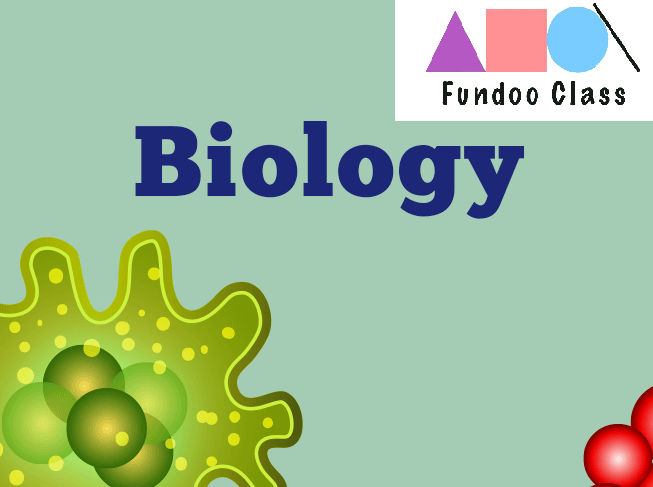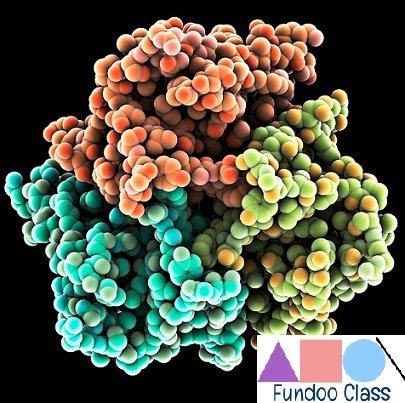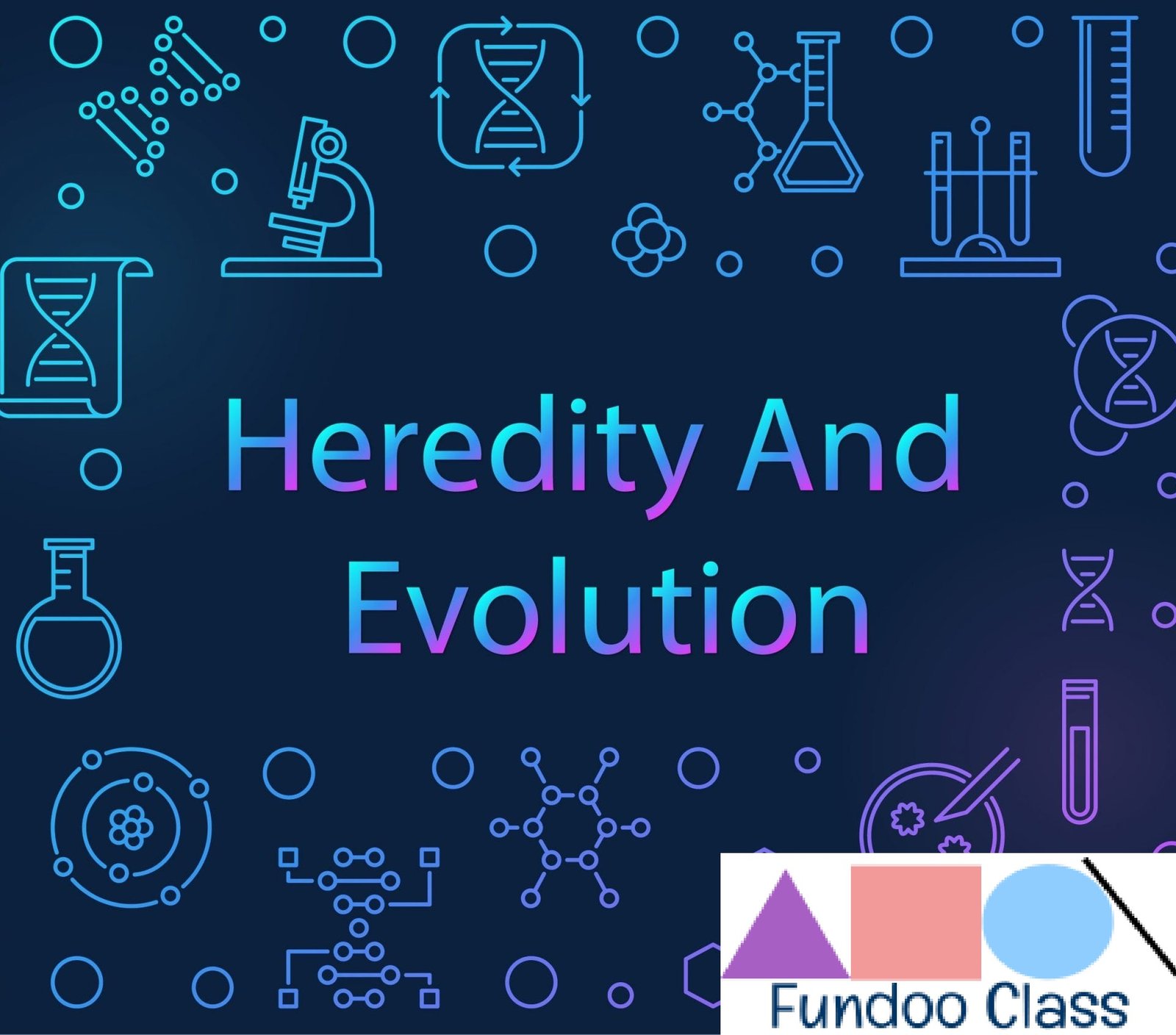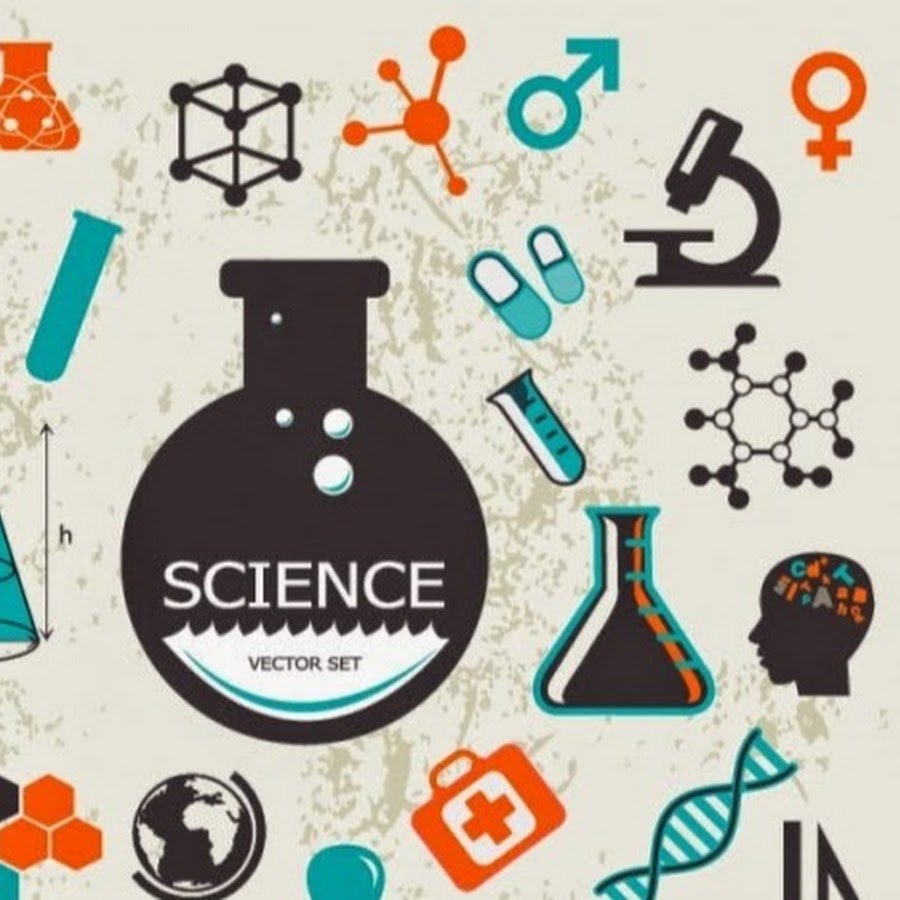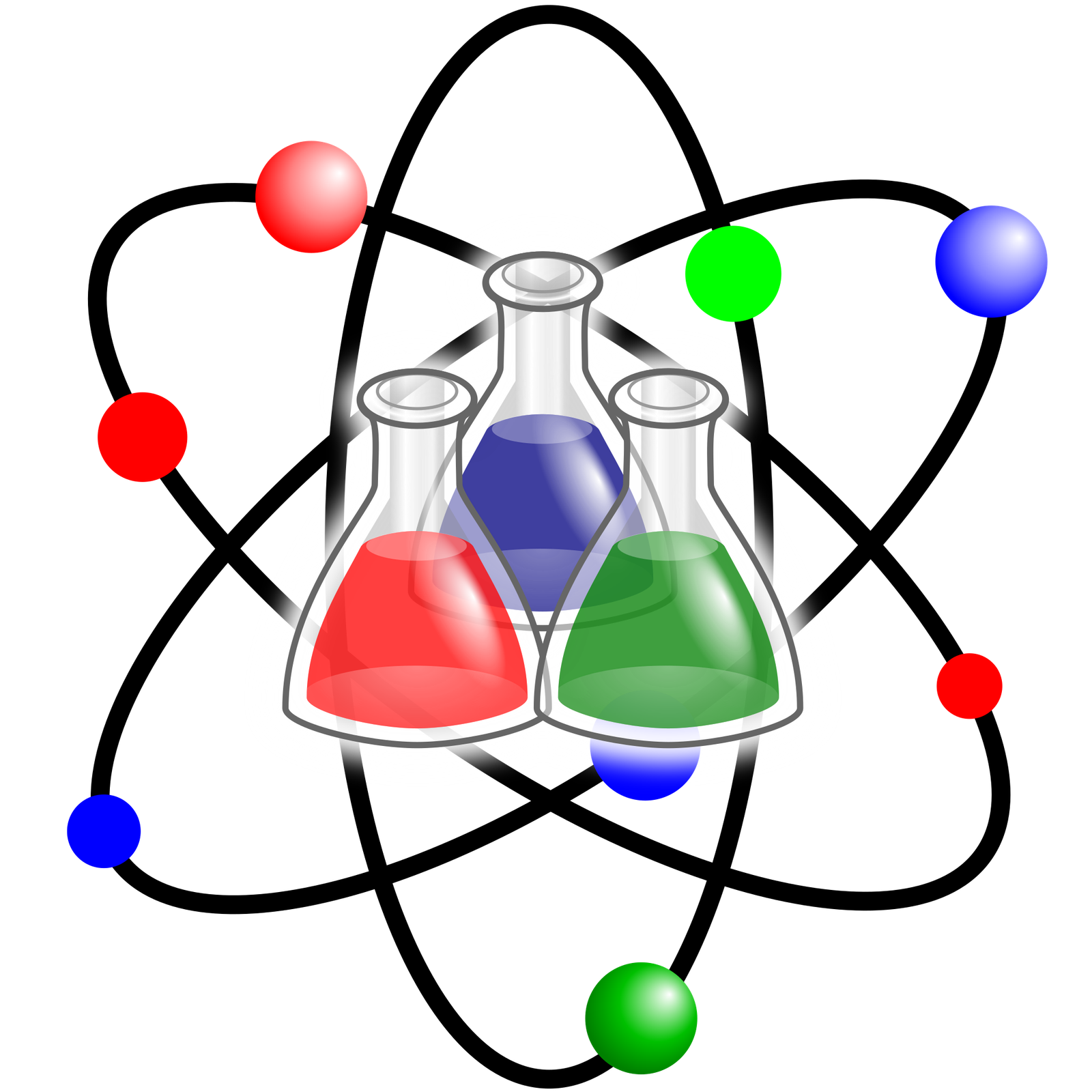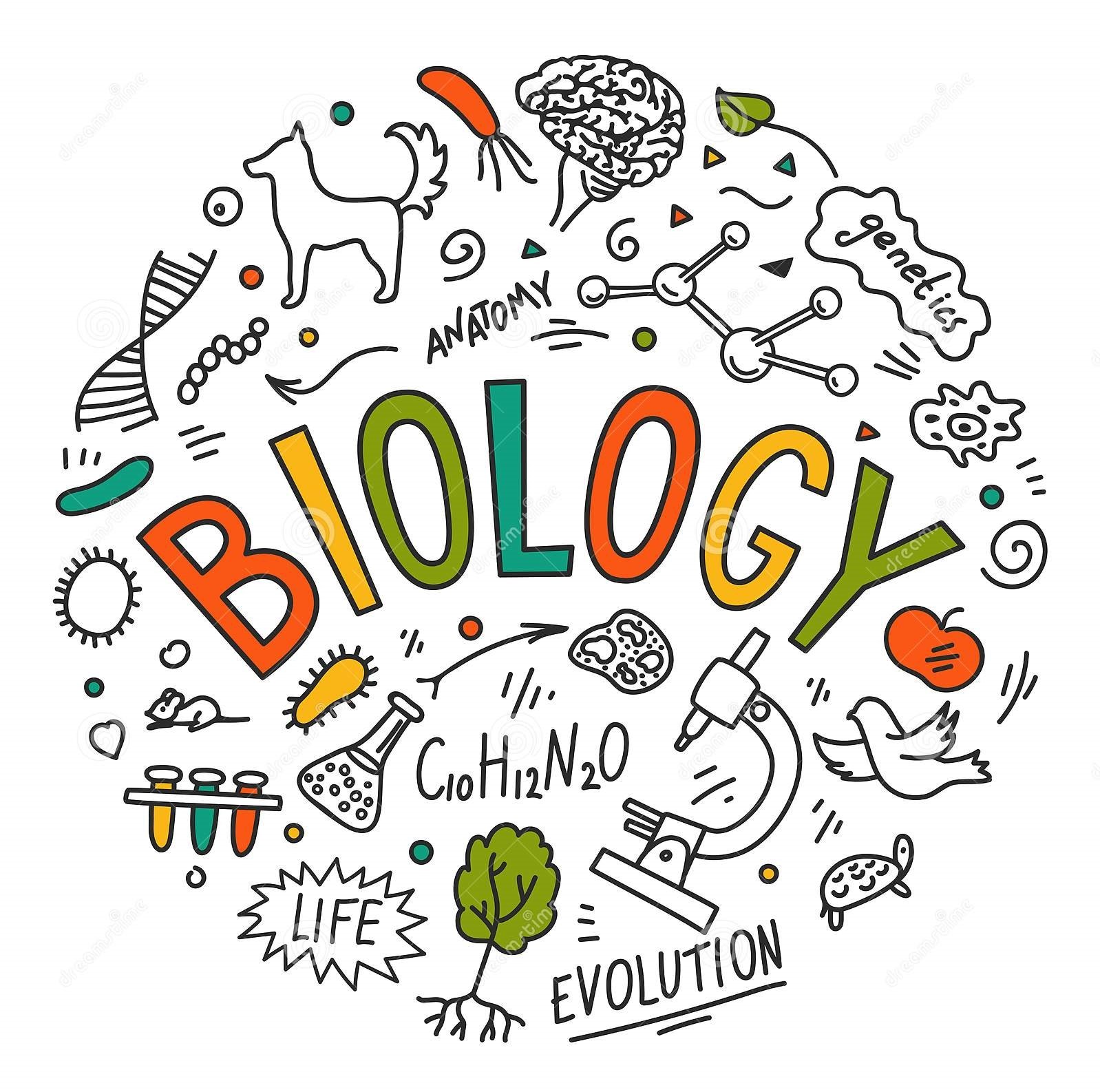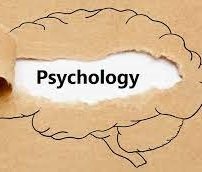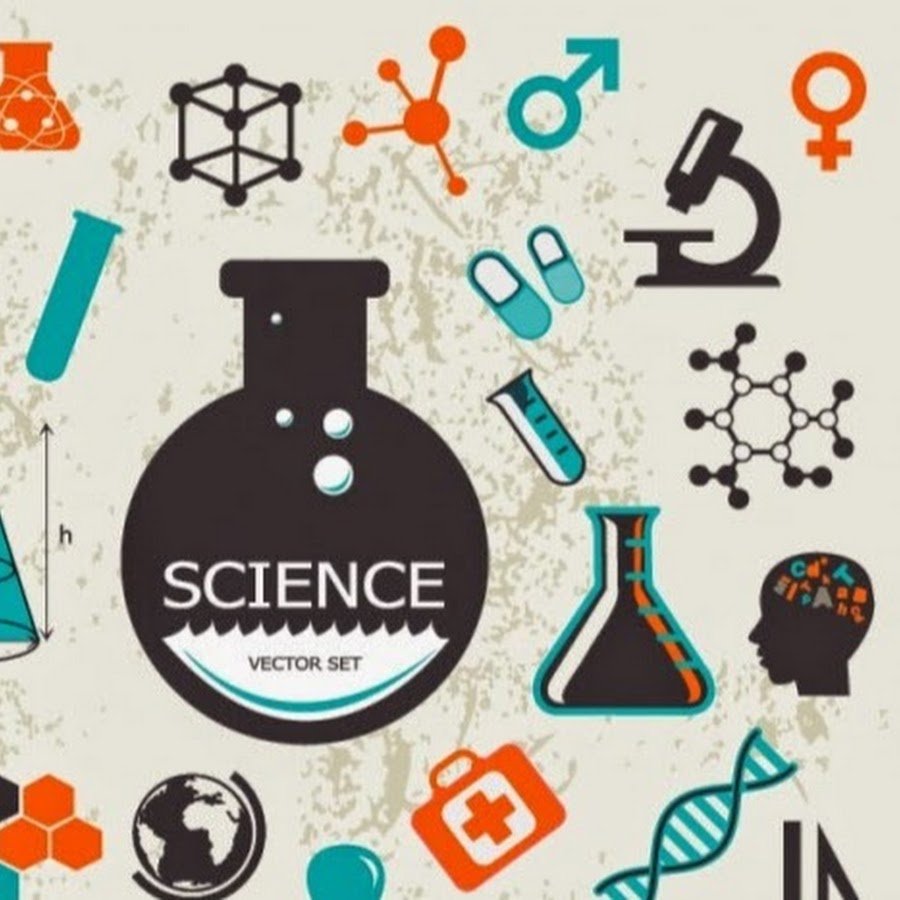This 4-Week course introduces learners to intriguing concepts in quantum physics that represent some of the most cutting-edge areas of current scientific research! In addition, this course moves beyond the 3 most commonly-known subatomic particles (protons, neutrons and electrons) to discuss the 16 subatomic particles in the Standard Model, which is the theoretical framework used by modern physicists. The course includes a wide variety of sensory activities, including lecture presentation, in-class drawing activity, question-and-answer, short instructional videos, student discussion and visual aids. We'll be varying activity types often to keep students engaged. This course will investigate the following topics -
- Week 1: What is Dark Matter? Dark Matter is a substance thought to account for roughly 85% of the matter in the universe. We'll explore the astrophysical observations that led scientists to propose the existence of Dark Matter. Dark matter is called "dark" because it does not appear to interact with the electromagnetic field - it does not absorb or reflect light, and does not appear to interact with known matter except through gravity. This session will delve into current research efforts to detect and understand this mysterious Dark Matter, like the Xenon Collaboration in Italy.
- Week 2: What is Dark Energy? Dark Energy is a speculative form of energy that may effect the universe on the largest scales. The first observational evidence for its existence came from supernovae measurements, which showed that the universe does not expand at a constant rate; rather, the expansion of the universe is actually accelerating. Since the 1990s, dark energy has been the most accepted premise to account for the accelerated expansion. We'll explore research projects aimed at discovering and understanding the nature of dark energy.
- Week 3: The Standard Model of Subatomic Particle - Beyond Protons, Neutrons & Electrons! Session 3 explores additional subatomic particles beyond the electron, neutron and proton, including quarks, bosons and neutrinos, introducing students to the Standard Model of Elementary Particles. We'll discuss how protons are neutrons are made of smaller particles (quarks), and the various types of quarks. We'll also explore emerging theories about additional subatomic particles that may be waiting to be discovered.
- Week 4: What is Anti-matter? Is Anti-matter real, or the stuff of science fiction? Anti-matter is actually REAL, and is composed of subatomic particles that have the opposite electrical charge of regular subatomic particles. Each type of subatomic particle has an anti-equivalent, such as anti-electrons (called positrons) and anti-protons. First proposed in 1928 by Paul Dirac, anti-particles are being produced and studied at the large Hadron Collider operated by CERN. Anti-matter is also naturally produced by radioactive decay of some elements, and they are used in medical PET (Positron Emission Tomography) scans to help diagnose a wide range of health conditions.
 Shubham Joshi
Shubham Joshi

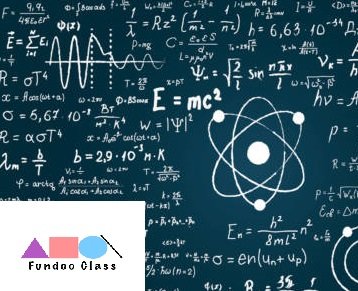


.jpg )
.jpeg )
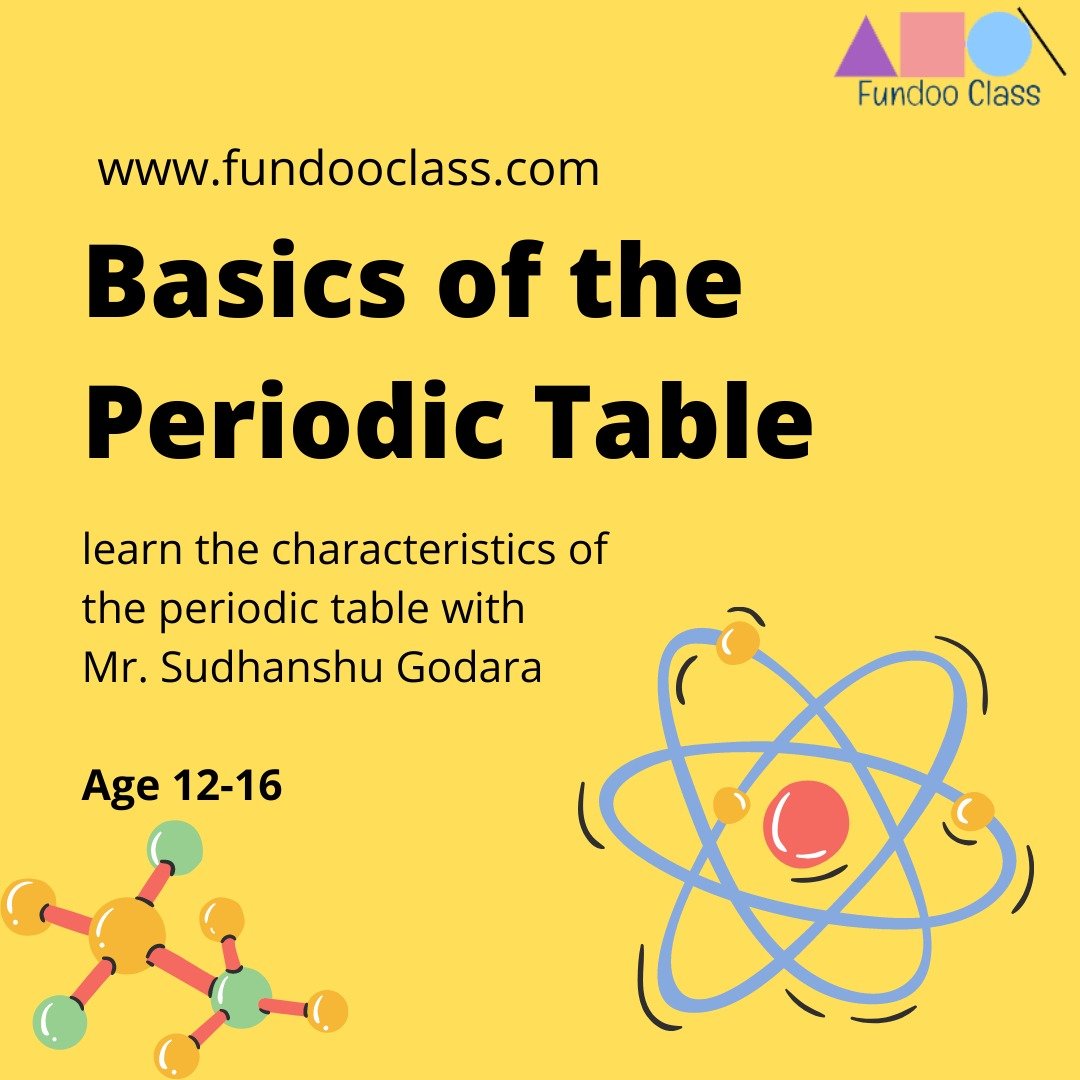

.jpeg )
.jpeg )
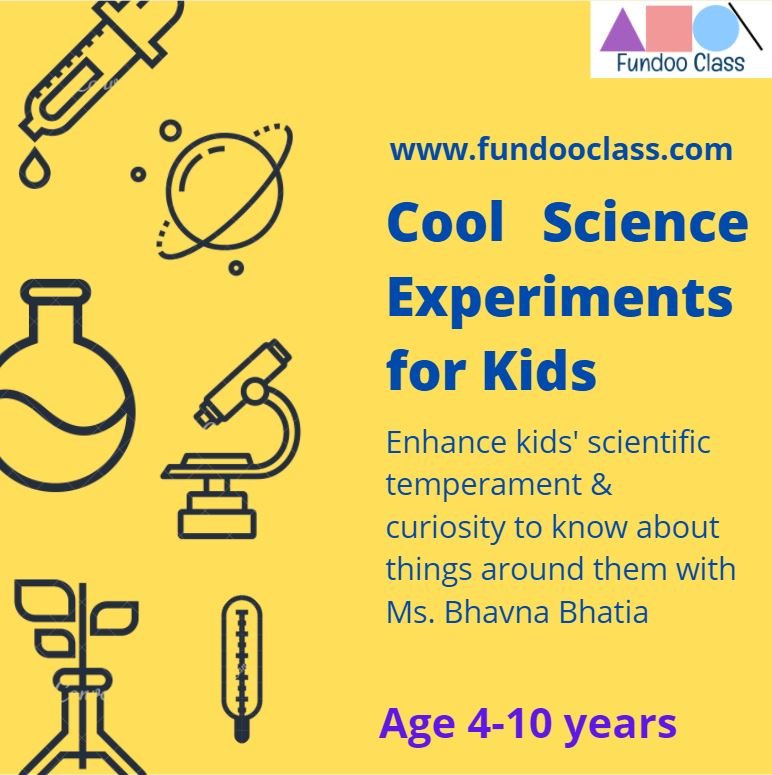
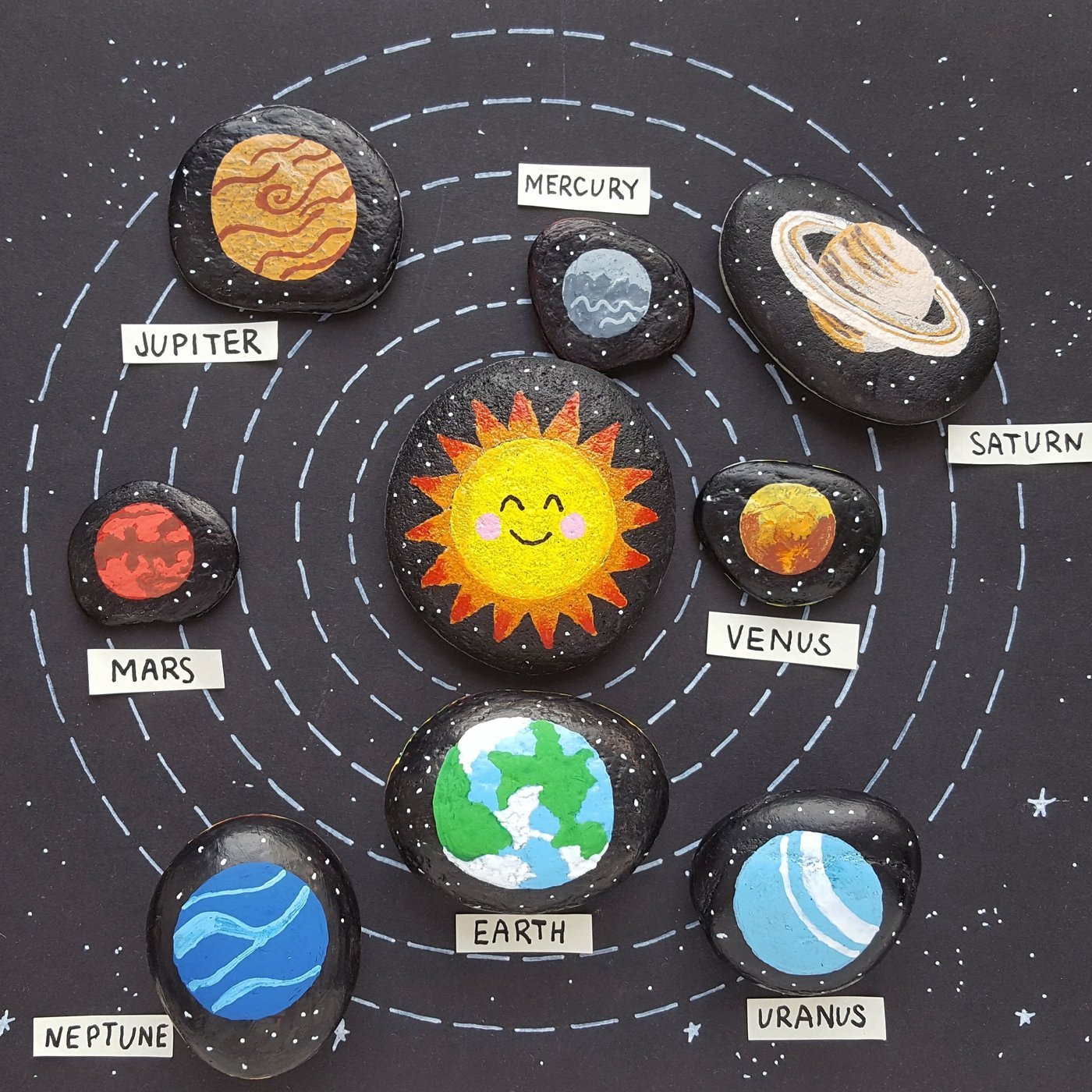

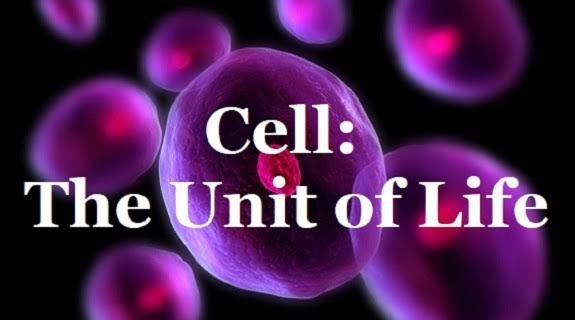

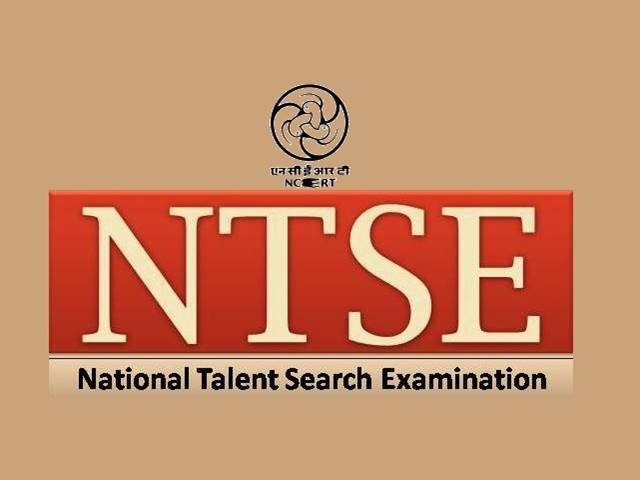




.jpg )
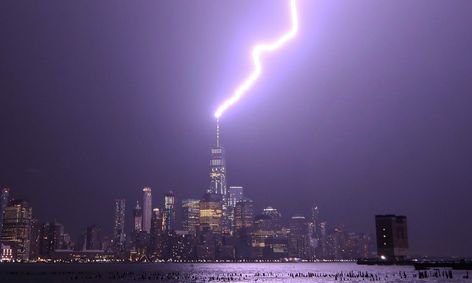

.jpeg )



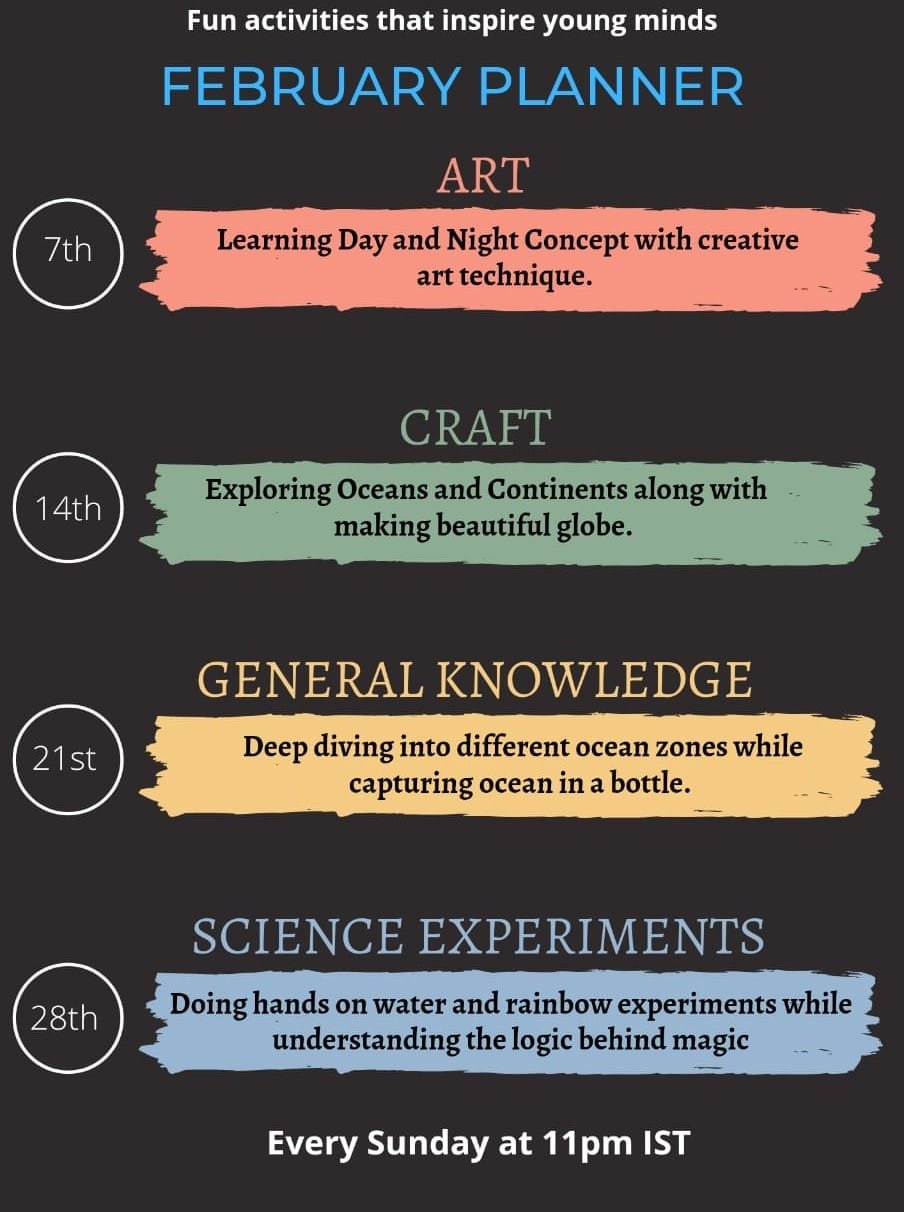
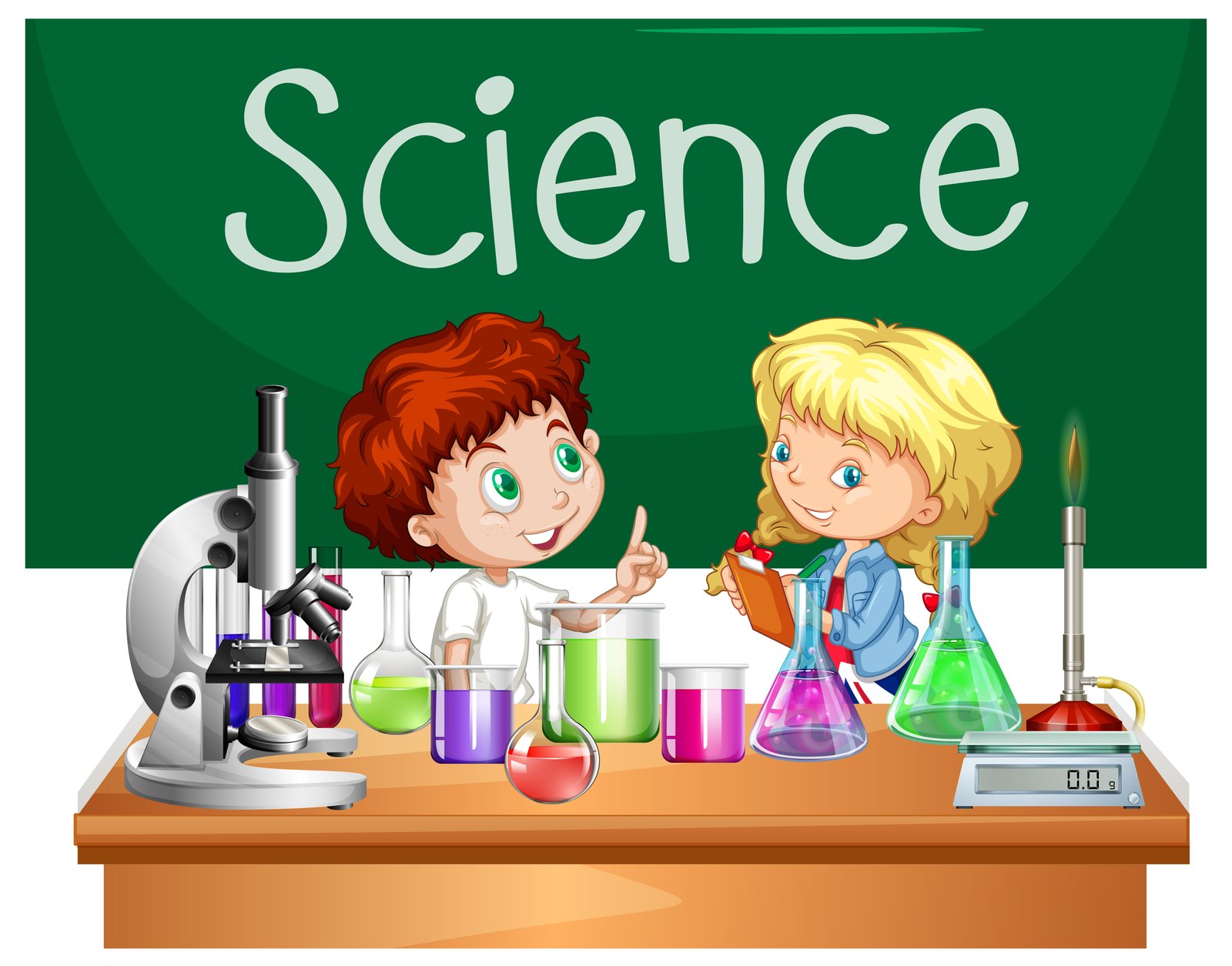
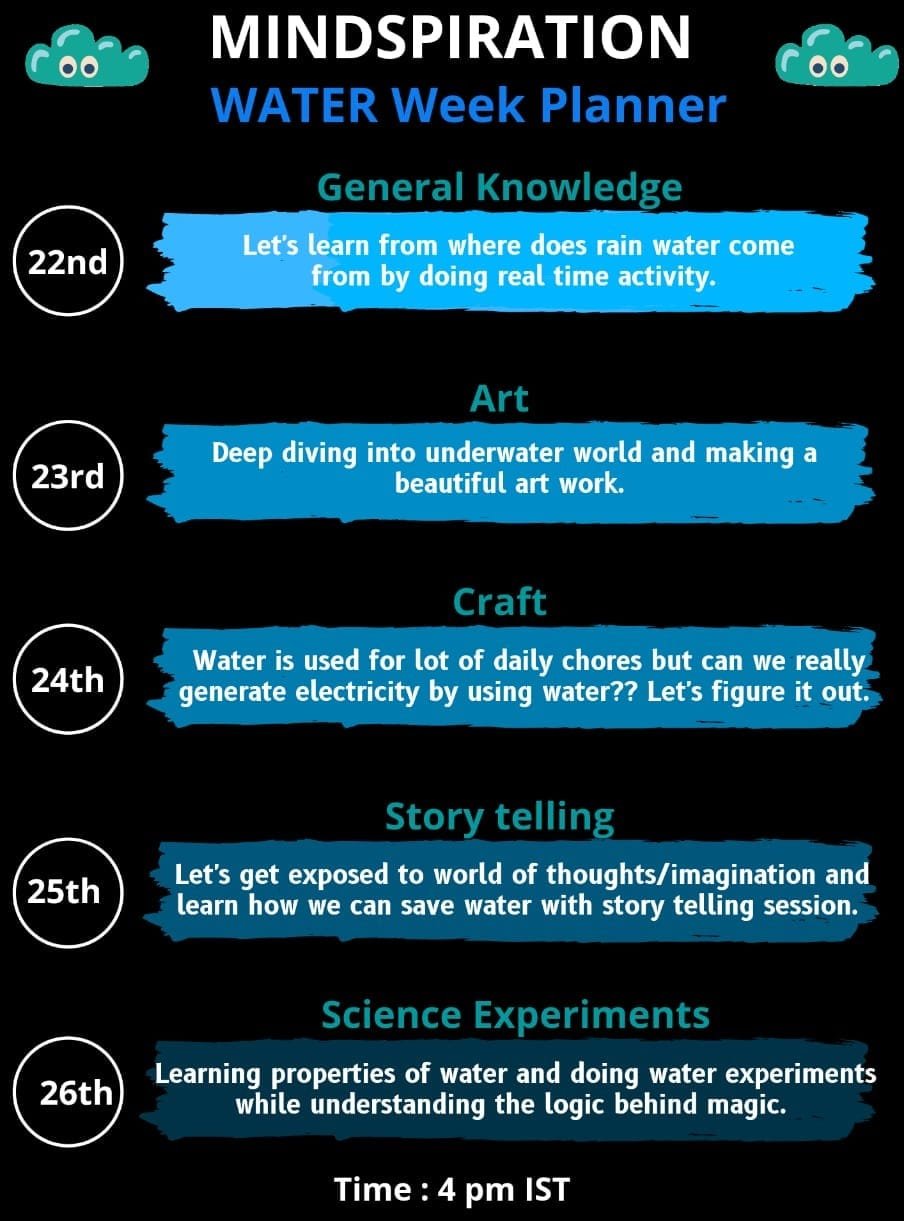










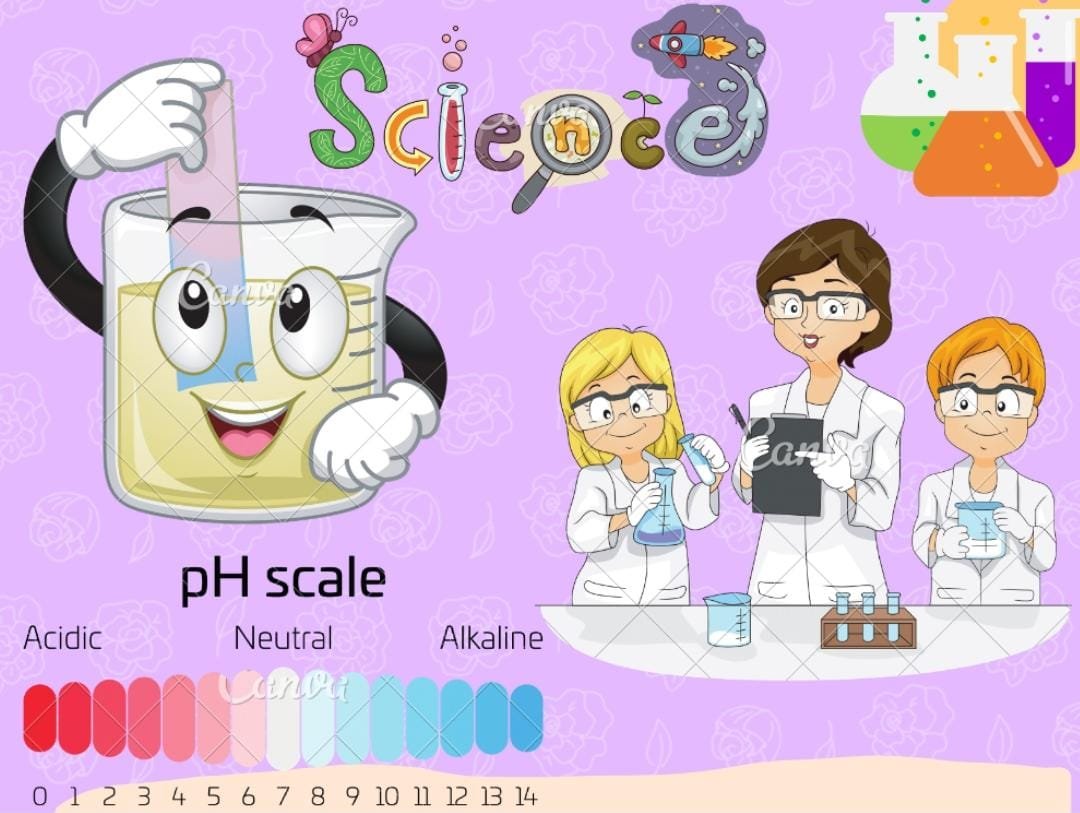


.png )









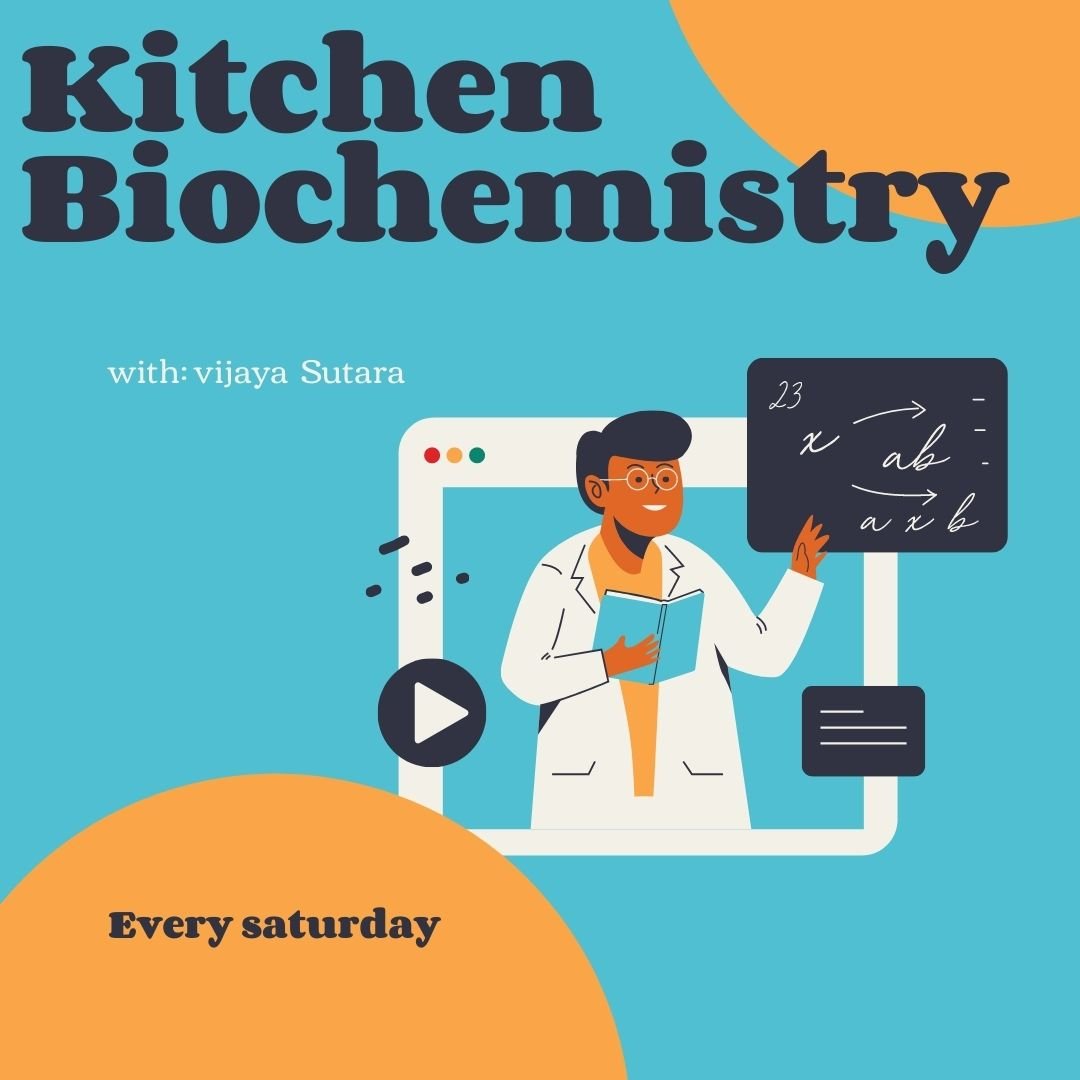
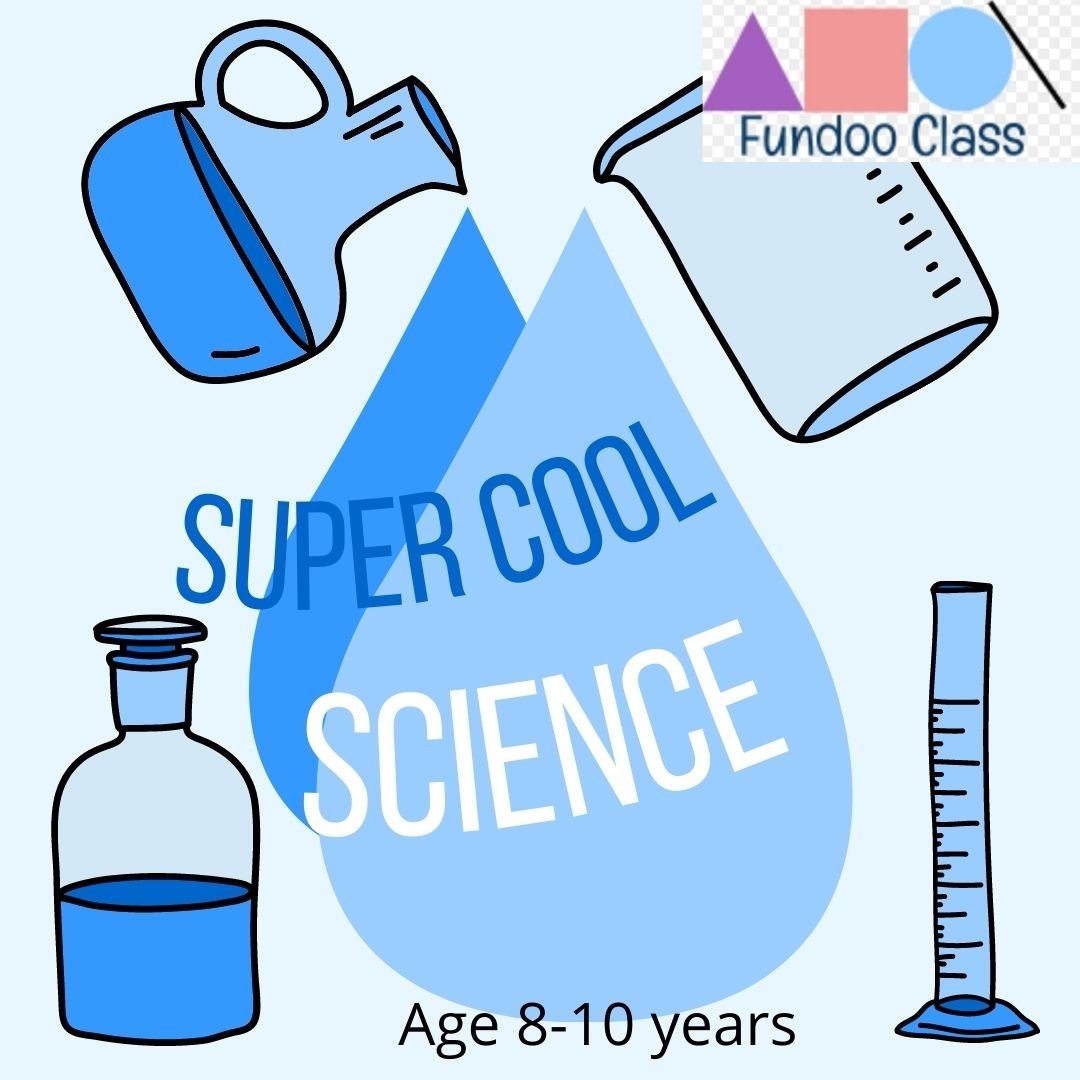
.jpg)

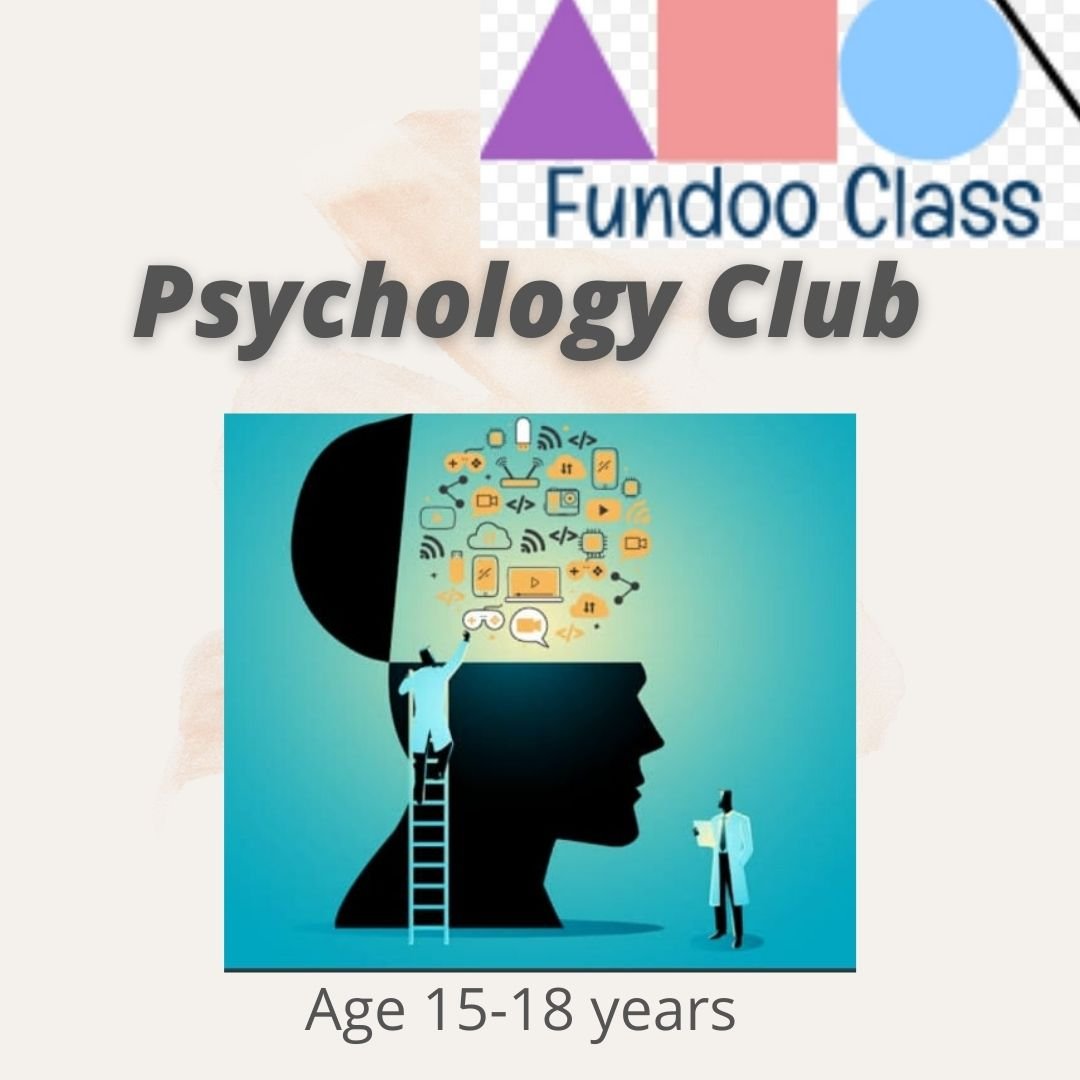



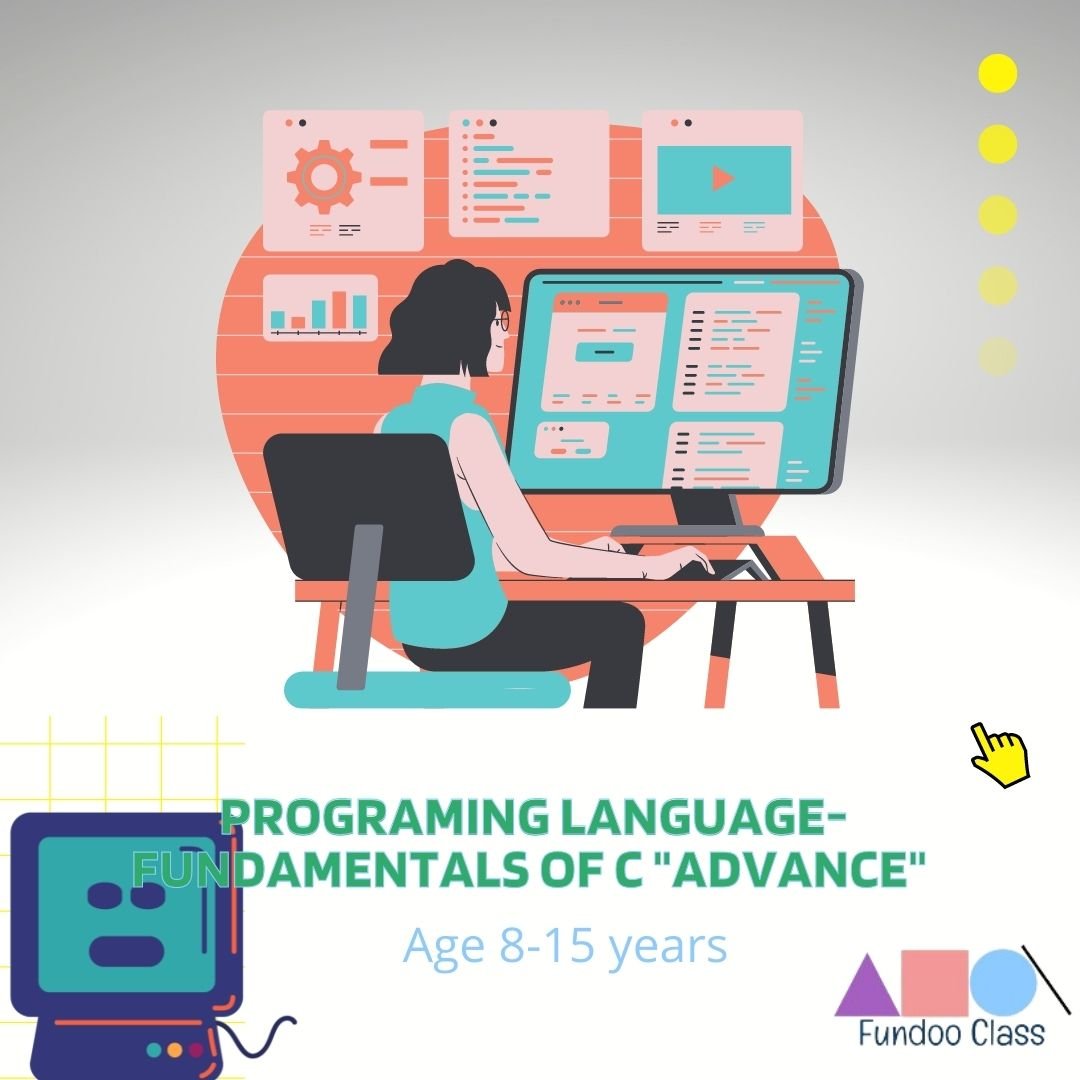

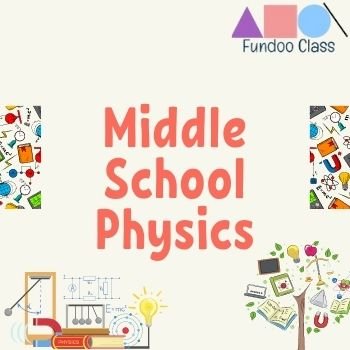

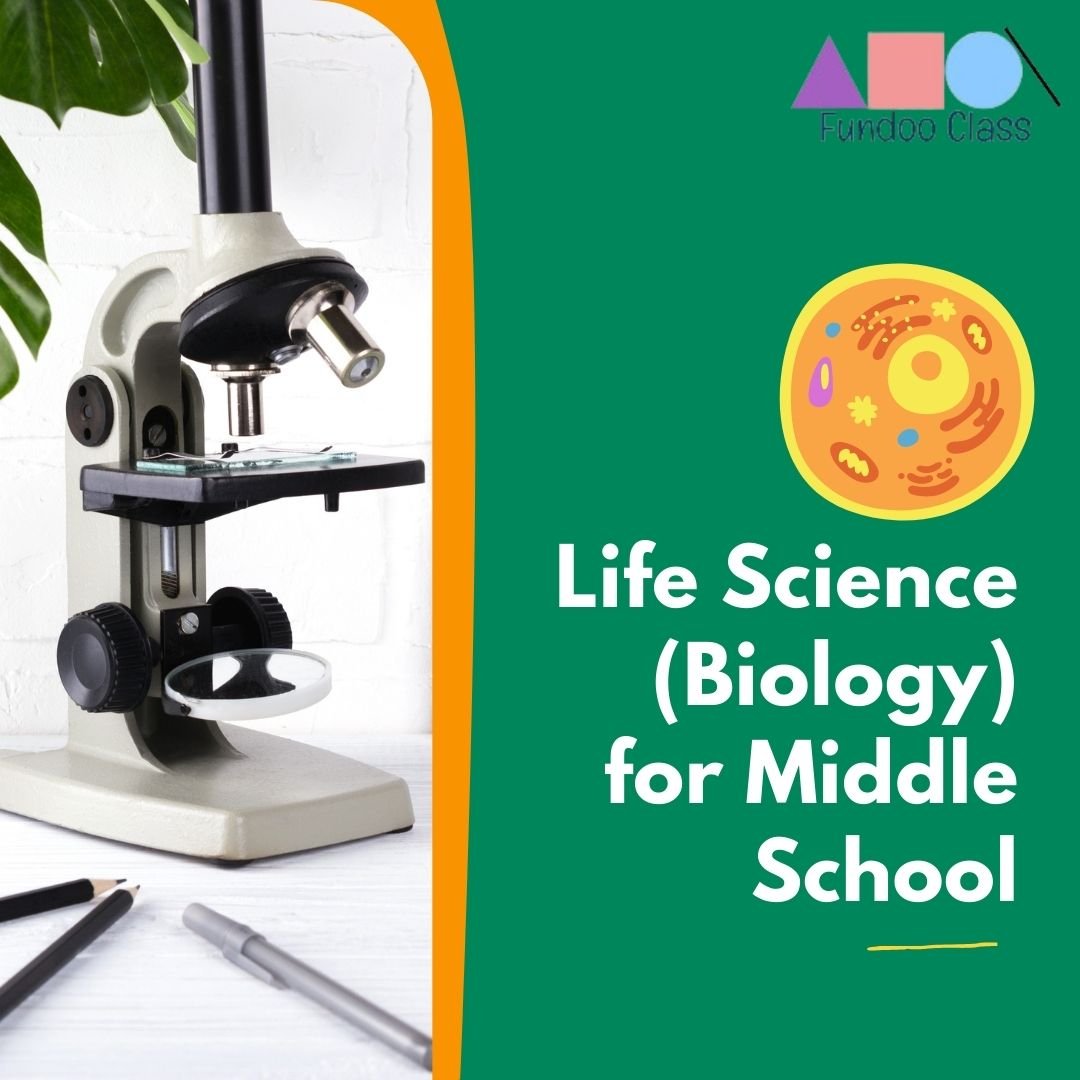

.png)
.png )
.jpg)

.jpg)
.jpg)
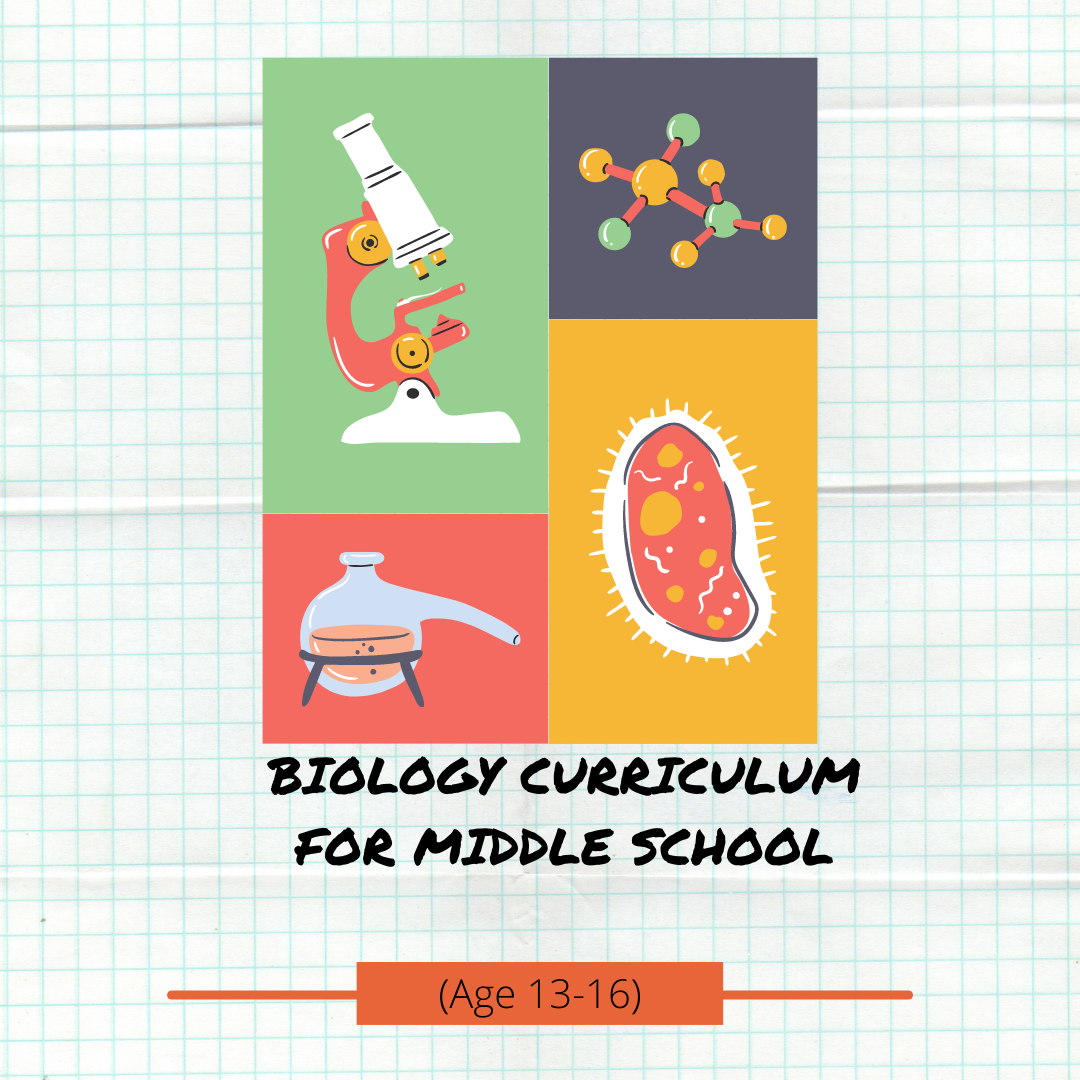

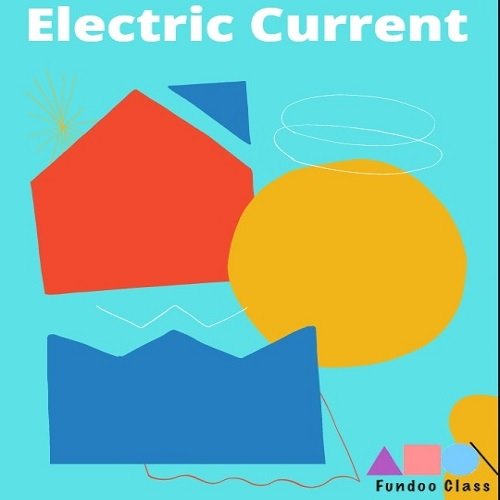
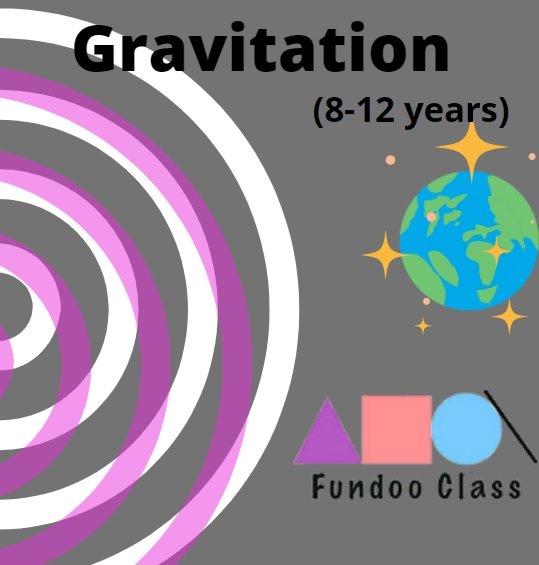
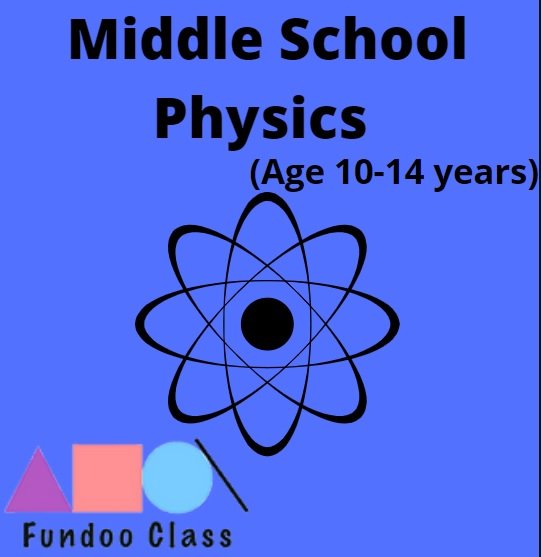
.png )
.png )
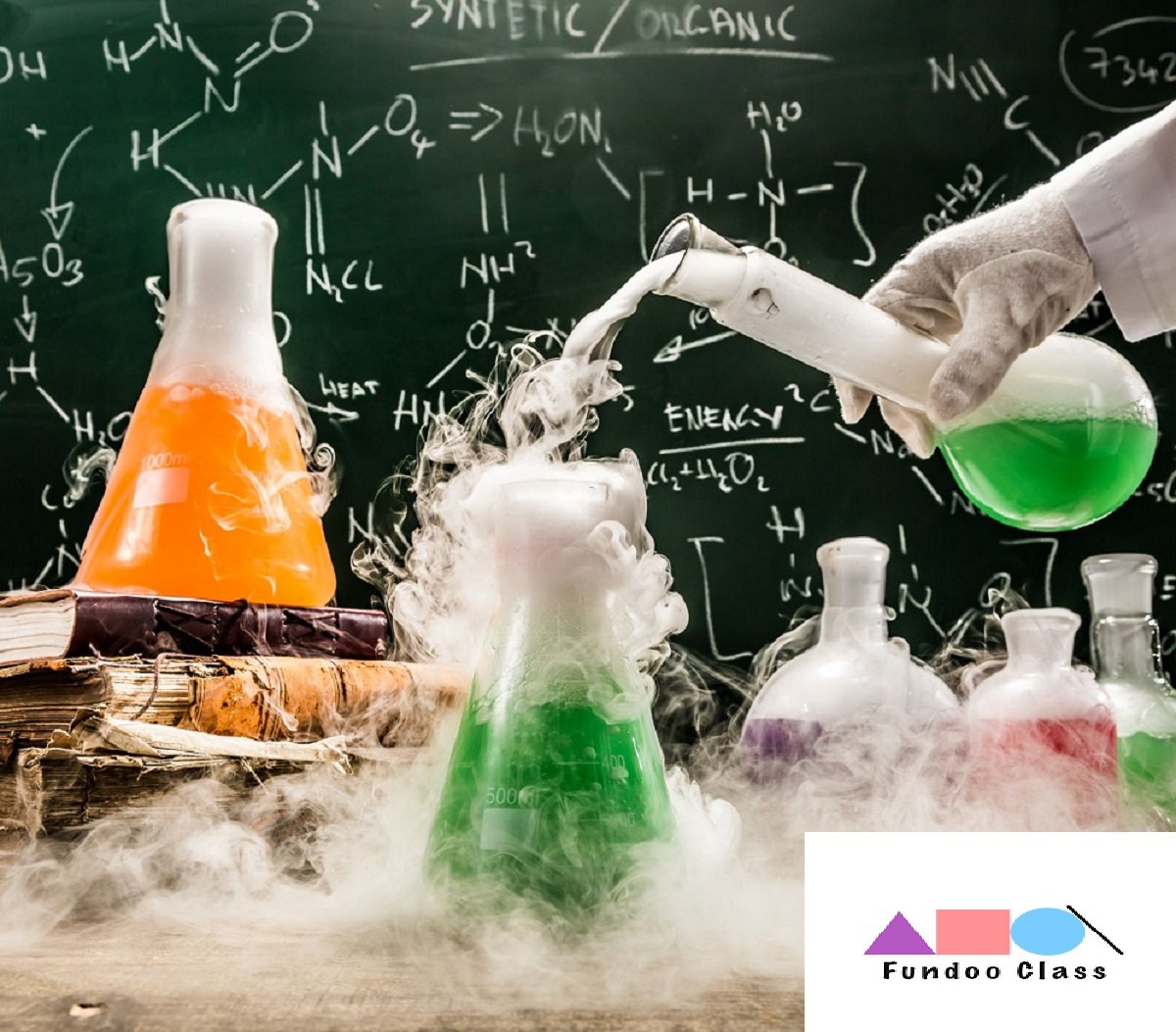

.png )

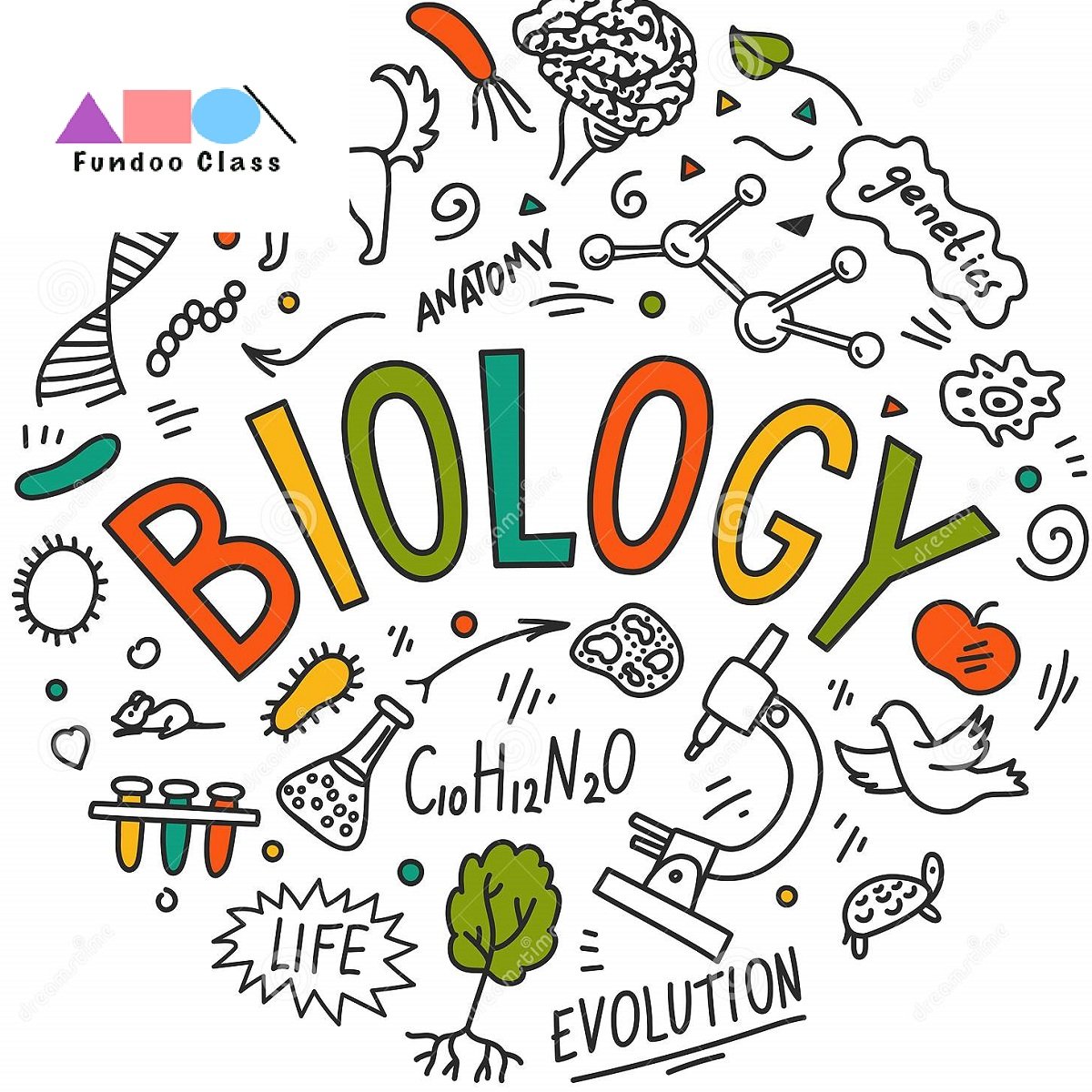
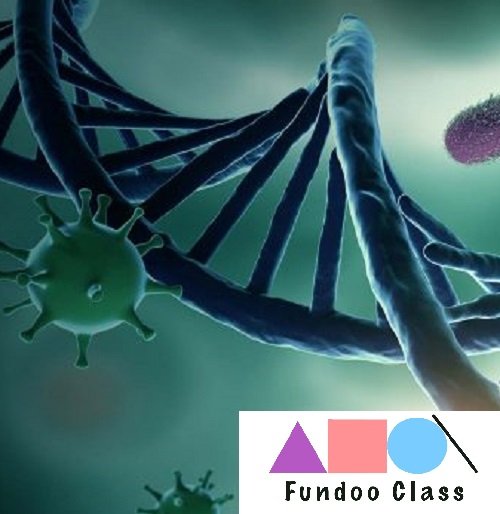

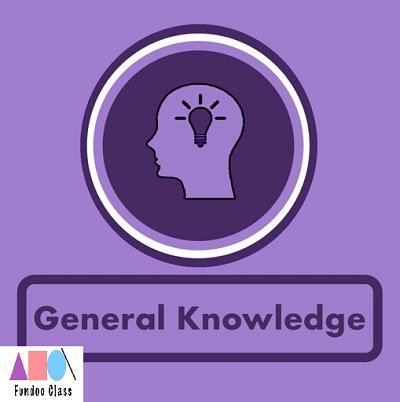
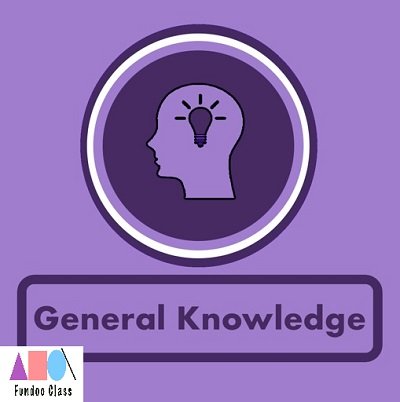
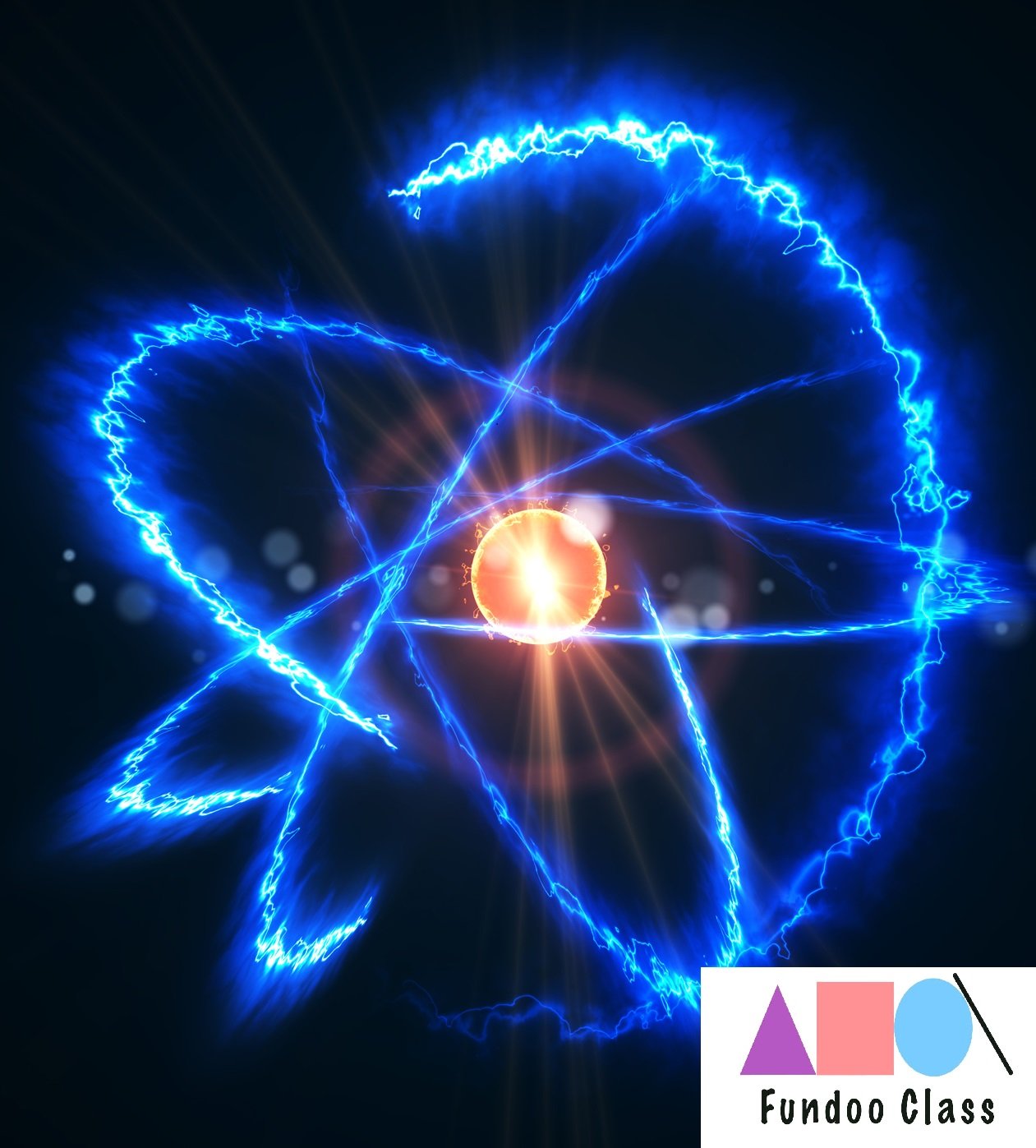




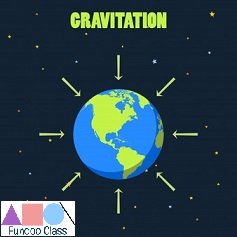
.jpg)
.jpg)
.jpg)
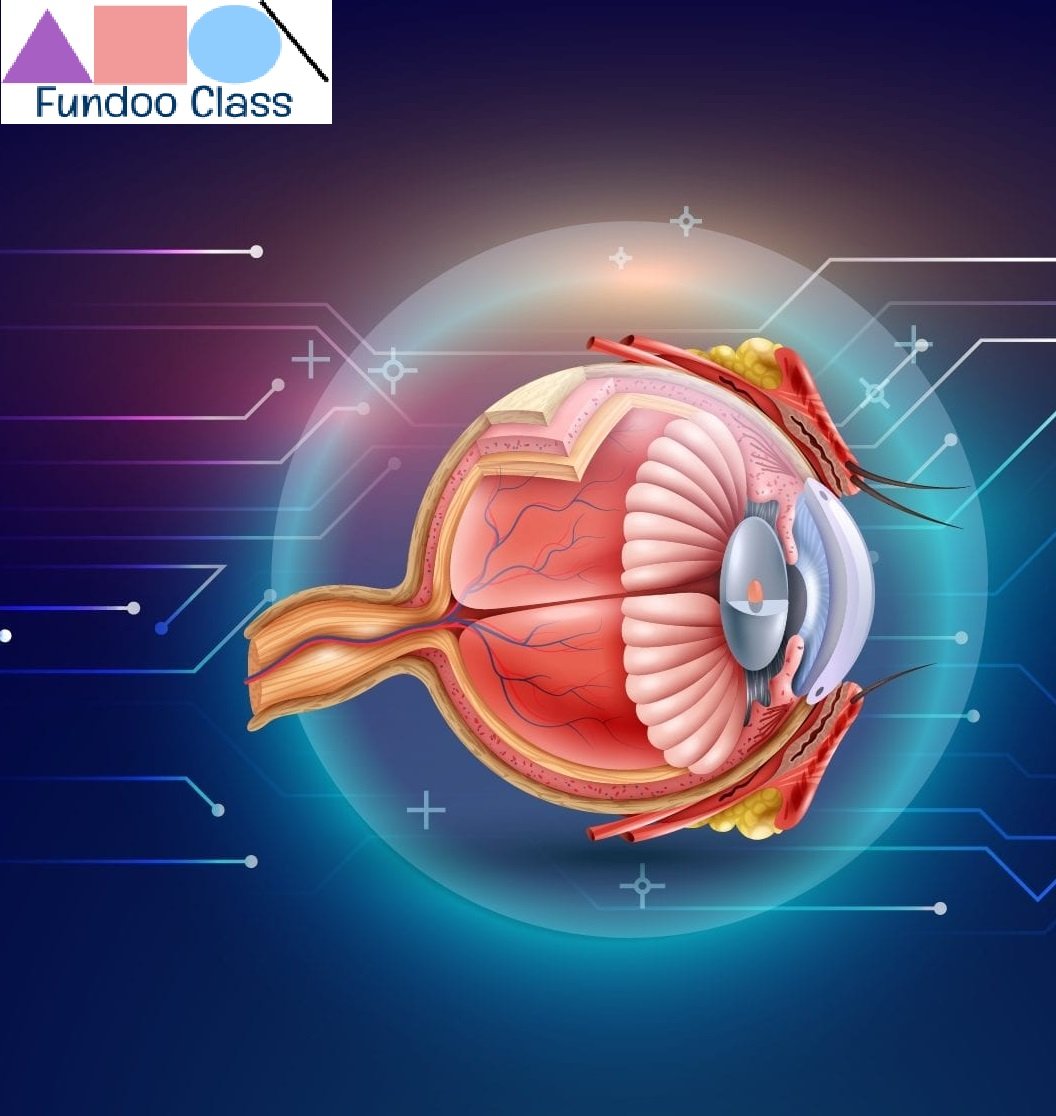
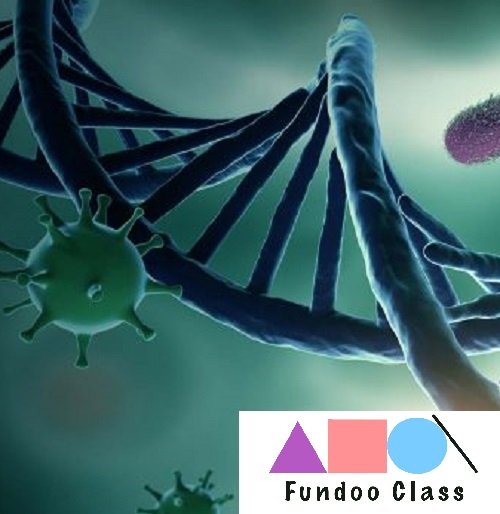

.jpg)
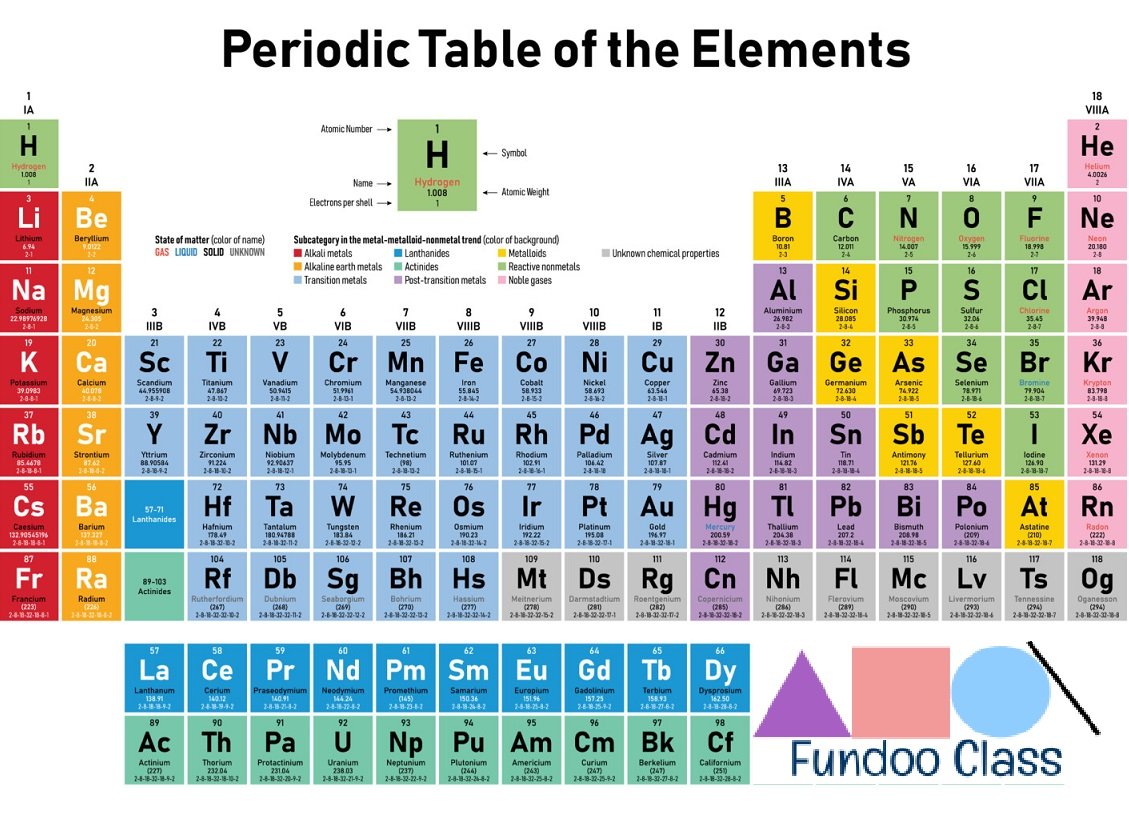
.jpg)

.jpg)

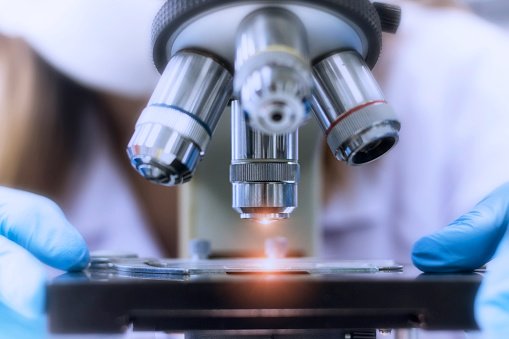
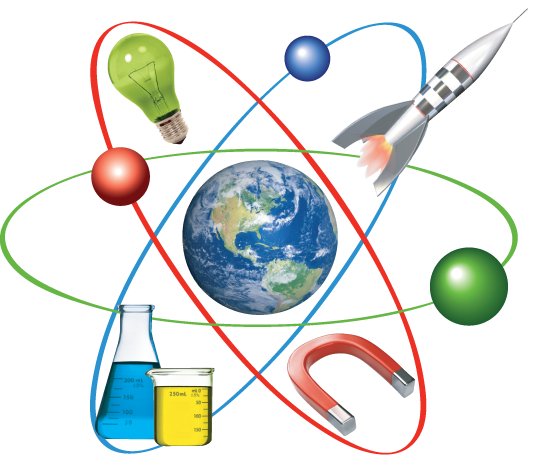
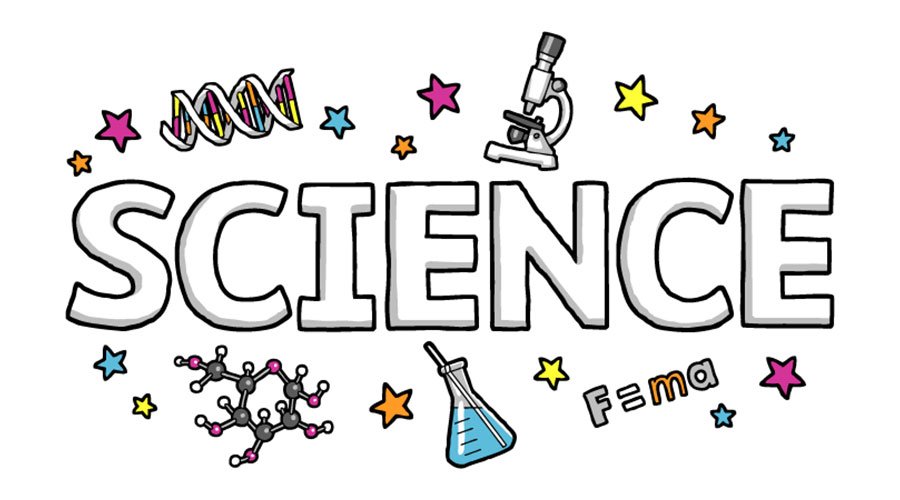
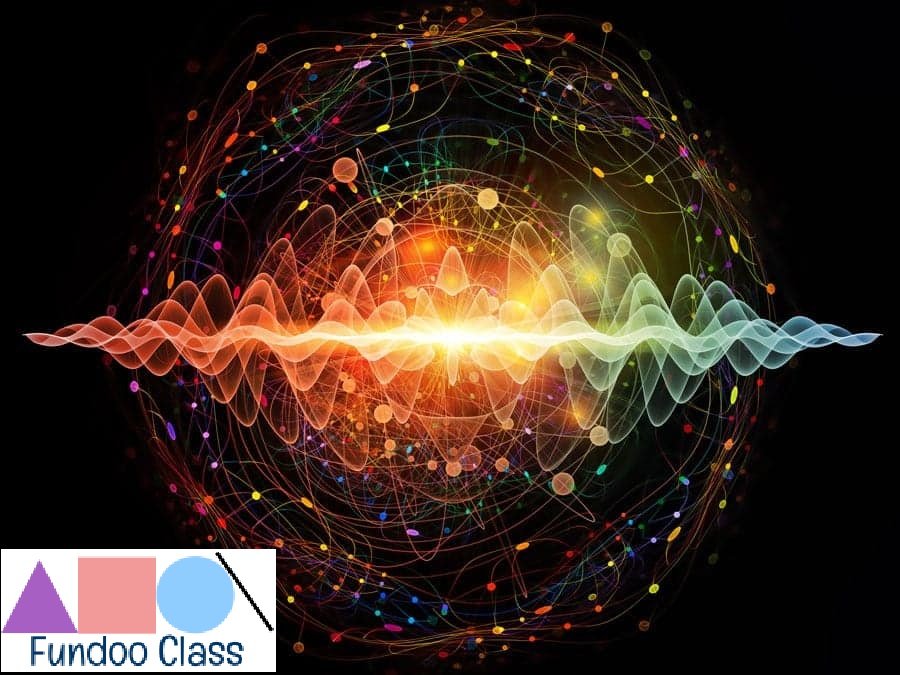

.jpg)
.jpg)
.jpg)

